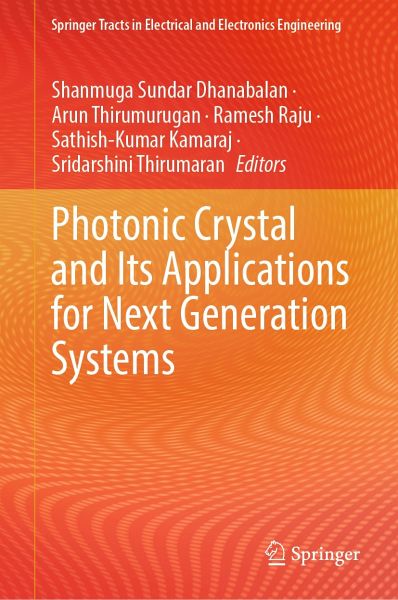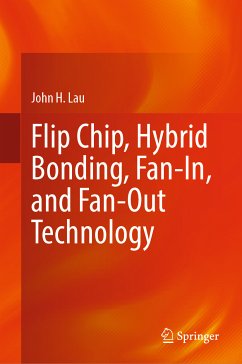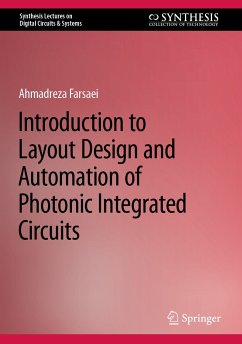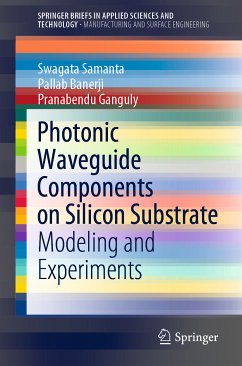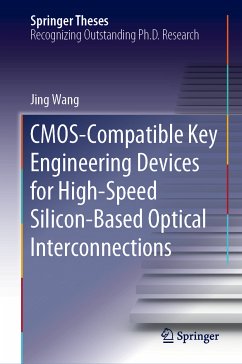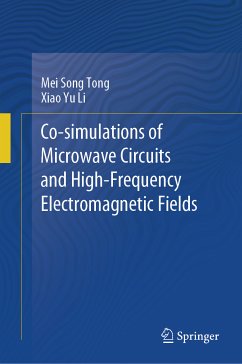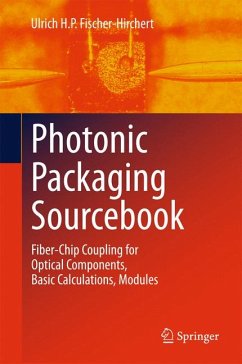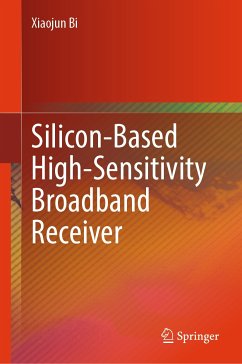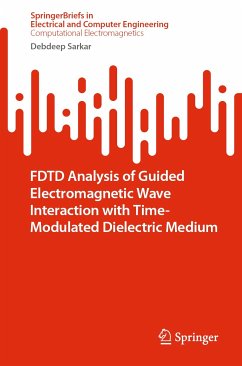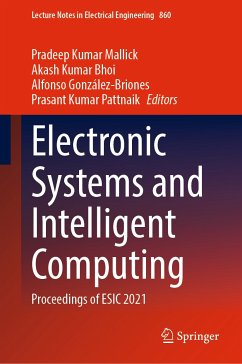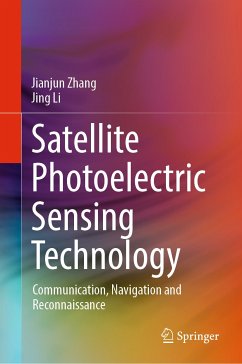Dr. Shanmuga Sundar Dhanabalan is an accomplished researcher with a proven track record in designing, developing, and translating micro- and nano-scale devices. His primary objective is to create next-generation products that enhance quality of life and well-being, making a signi¿cant contribution to society. He currently leading a team 'wearable and connected sensors' at RMIT University, with a focus on mate- rials, ¿exible and stretchable devices, wearables, optics, and photonics. He graduated with a PhD in ¿exible electronics in June 2017 and secured a competitive postdoctoral fellowship from the Chilean government from 2018 to 2021. His studies have led to publications in referred international journals, book chapters, and books in progress as editor. He has presented plenary/keynote, invited talks and guest lectures, oral and poster presentations at scienti¿c meeting at various universities world-wide. Several outcomes have been highlighted by scienti¿c websites (such as Photonics Media, USA). His research work has led to securing grants from Australian govern- ment research schemes, such as the Cooperative Research Centres Projects, the ARC Research Hub for Connected Sensors for Health, Victorian Medical Research Accel- eration Fund, and the Advanced Manufacturing Growth Centre's Commercialisation Fund. He has collaborations with universities from various countries, including India, Australia, Chile, Mexico, and Bangladesh. He has served as a reviewer for over 20 prestigious specialist journals. He also served as a topical editor for highly reputed journals including IEEE Transactions on Industrial Informatics, IEEE Instrumenta- tion and Measurement Magazine, IEEE, Energies, Computer and Electrical Engi- neering. He is a part of the Editorial Board of American Journal of Optics and Photonics. In addition, he served as a session chair and technical committee member in various international conferences. Dr. Arun Thirumurugan is a Academic Faculty at the University of ATACAMA working on the development of magnetic nanocomposite for energy storage and biological applications. He has completed his Ph.D. (2010-2015) at the National Institute of Technology (NIT), Tiruchirappalli, India. He has worked as a post- doctoral fellow (2015-2017) at the Institute of Physics, Bhubaneswar, India, and then worked as a FONDECYT postdoctoral fellow (2017-2020) at the University of Chile, Santiago, Chile. His research interests are synthesizing magnetic nanoparti- cles, surface modi¿cation of nanomaterials for the potential applications in detox- i¿cation, photocatalyst, energy storage, and biomedical applications. Dr. Thirumu- rugan acts as a reviewer for various journals from different eminent publishers. He is editing a topical issue on magnetic nanomaterials and carbonaceous nanocomposites in the Frontiers publishing group. He edited two books. He published more than 90 international journals, book chapters, and conference proceedings. Dr. Ramesh Raju is a staff scientist at Aalto University. His research focuses on III-V materials growth and fabrication for optoelectronics applications and 2D mate- rials growth and fabrication for photonics applications. During his Ph.D. at Anna University, Chennai, India, his research focused on III-Nitride materials growth by metal organic vapour phase epitaxy (MOVPE) for optoelectronics applications. After obtaining his Ph.D. degree, he moved to China, where he worked as a post- doctoral researcher at the Nanophotonics Laboratory, College of Physics, Hunan University (HNU), China. At HNU, he designed the growth setup for 2D material- based heterostructure for photonics applications. Since he is experienced indifferent growth, fabrication, and characterization skills, there is a natural scienti¿c overlap with optoelectronics photonics, nanotechnology, and micro and quantum activities. In 2017, he started working with the optoelectronics and micro and quantum system group at Aalto University, Finland. At Aalto University, his research is towards III- Nitrides for optoelectronics and PEC water splitting applications. He published more than 35 research articles/conference proceedings based on his work in India and other international research at various universities. Dr. Ramesh Raju acts as a reviewer for various journals from different eminent publishers. Dr. Sathish-Kumar Kamaraj is a research professor at Instituto Politécnico Nacional (IPN), Centro de Investigación en Ciencia Aplicada y Tecnología Avan- zada, Unidad Altamira (IPN-CICATA, Altamira). He would like to express his grat- itude to, the DirectorGeneral of Instituto Politécnico Nacional (IPN) and Director of Centro de Investigación en Ciencia Aplicada y Tecnología Avanzada, Unidad Altamira (CICATA Altamira) for their constant support and facilities, able to promote the research activities. Extended his gratitude to the Secretaria de Investigación y Posgrado (SIP) for project number 20231443. He received B.Sc. in Botany special- ized in Industrial Microbiology, master's in Microbiology, and a postgraduate in Chemical Information Technology at Madurai Kamaraj University, Tamil Nadu, India. He obtained a Doctorate in Nanoscience and Nanotechnology (2010-2014) from The Centre for Research and Advanced Studies of the National Polytechnic Institute (CINVESTAV-IPN), CDMX, Mexico, with a scholarship from the General Directorate of International Relations-Secretary of Public Education Mexico (SEP- Mexico). During the academic period, he received the Best Student Competition Award at Battelle's Second International Symposium on Bioremediation and Sustain- able Environmental Technologies (2013) in Jacksonville, Florida, USA. His thesis won the Best Ph.D. Thesis Award from the Mexican Hydrogen Society. His passion for sustainable natural systems triggers him to integrate his knowledge of the various ¿elds to address the problems in the area of energy, environment, and health. He registered various patents in the Mexican Institute of Industrial Property (IMPI) and technology transfer to the industries. He also has relationships with govern- ment agencies and the private sector for circumstantial decision-making. He served as a guest editor and a reviewer in international journals. Extended his gratitude to Mrs Kamaraj Mounika and Bbg Aarudhraa for their family support. Research Professor, Instituto Politécnico Nacional (IPN)-Centro de Investigación en Ciencia Aplicada y Tecnología AvanzadaUnidad Altamira (CICATA-Altamira), Carretera Tampico-Puerto Industrial Altamira Km 14.5, C. Manzano, Industrial Altamira, 89600 Altamira, Tamps., Mexico Sridarshini Thirumaran is currently working as an assistant professor in the Department of Electronics and Communication Engineering, College of Engineering Guindy Campus, Anna University, Chennai, India. She has completed her doctoral degree in the ¿eld of Photonics which mainly focuses on "Photonic crystals for passive optical components for optical communication systems" at Anna Univer- sity, Chennai. Her areas of research are optical communication and networks and photonics. She has contributed about 20 papers in reputed international/national journals and 4 book chapters. Assistant Professor, Department of ECE, College of Engineering Guindy Campus, Anna University, Chennai, Tamilnadu, India.
